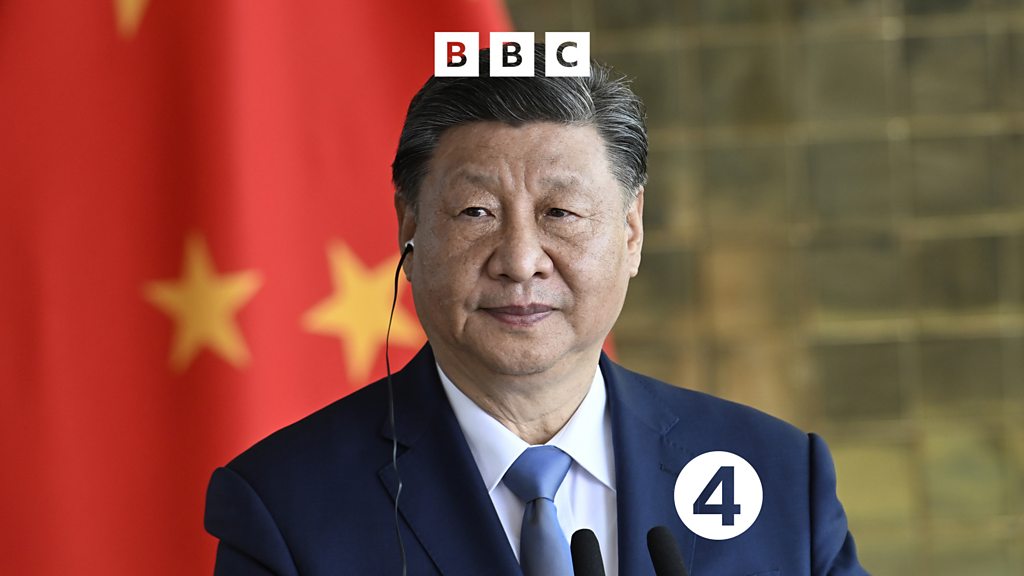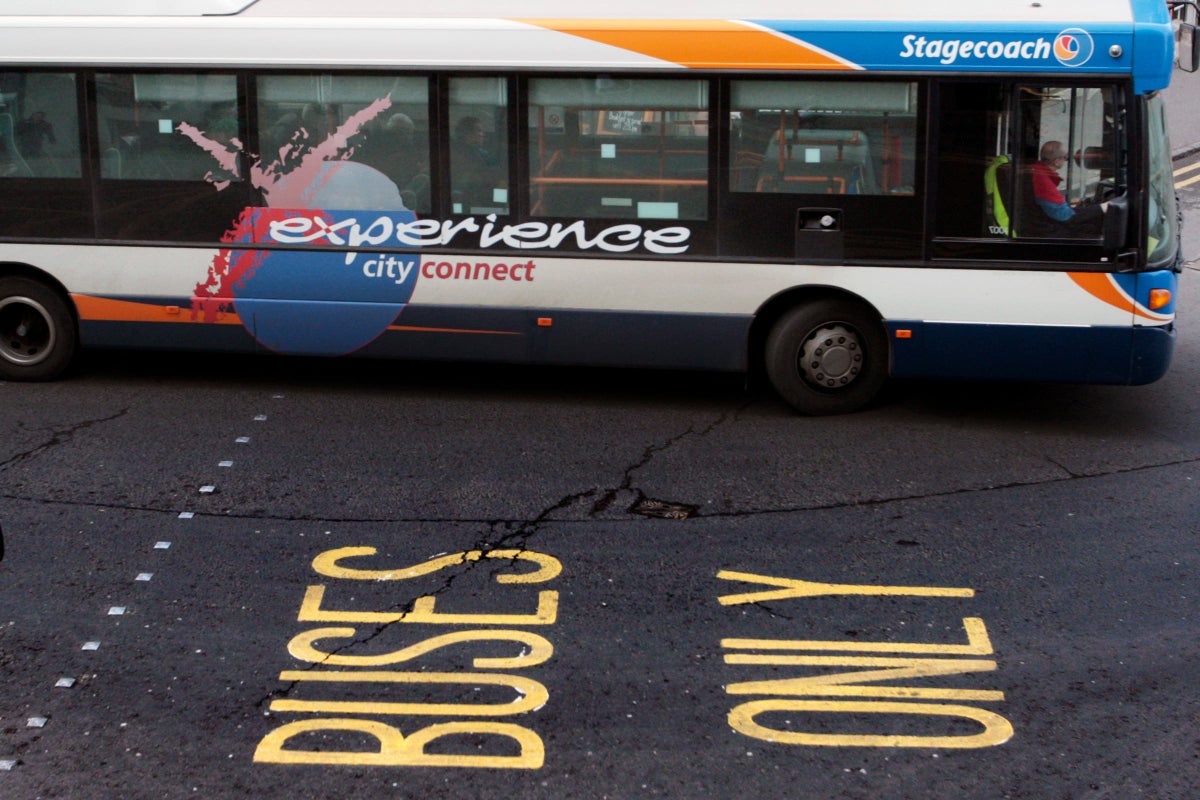Franchise vs Independent Business: Which Model Suits You Best?

Key Takeaways
- Franchises offer a proven business model, brand recognition, and established support systems, reducing uncertainty for entrepreneurs.
- Independent businesses provide greater creative freedom and flexibility, allowing owners to tailor products and strategies to their unique market.
- Advantages of a franchise include strong brand awareness, operational training, and proven marketing strategies, which can enhance credibility and success.
- Disadvantages of franchising involve limited creativity and the burden of ongoing royalties and fees, impacting profit margins and overall autonomy.
- Independent businesses face challenges such as a lack of structured support and higher financial risks, making it crucial for owners to build their own networks and prepare for uncertainties.
- Evaluating personal goals, resources, and risk tolerance is essential in deciding between a franchise and an independent business to align with entrepreneurial aspirations.
Deciding between a franchise and an independent business can shape your entrepreneurial journey. Each path offers unique advantages and challenges that can significantly impact your success. Franchises provide a proven business model and brand recognition, while independent businesses allow for creativity and flexibility.
In this article, you’ll explore the key differences between these two options. Whether you’re drawn to the support of a franchise or the freedom of running your own venture, understanding what each choice entails is crucial. Let’s dive into the essential factors that will help you make an informed decision and set you on the right path to achieving your business goals.
Overview of Franchise vs Independent Business

Franchising and independent business ownership each present unique offerings for small business entrepreneurs. Franchises provide a tested business model, brand recognition, and established support systems. Franchise owners can tap into a network that assists with marketing, training, and operational procedures. For many, this reduces the uncertainty associated with launching a venture.
On the other hand, independent businesses allow for greater creativity and flexibility. Business owners can design their products, services, and marketing strategies without franchise restrictions. Autonomy in decision-making fosters innovation and can lead to a more personalized customer experience. Independent entrepreneurs often face the challenge of developing brand identity and building recognition from scratch.
When considering these options, think about your goals, resources, and risk tolerance. Assess how much control you desire over your operations and brand. Understanding these factors can guide your choice between a franchise and an independent business, allowing you to align your path with your small business aspirations.
Advantages of Franchising

Franchising offers distinct benefits that can support your journey in the small business landscape. Understanding these advantages can help you evaluate whether franchising aligns with your entrepreneurial objectives.
Brand Recognition
Franchises leverage established brand recognition, significantly enhancing your credibility in the market. You attract customers quickly, as they often prefer buying from recognizable brands. This strong pre-existing awareness reduces the time and effort you’d typically invest in building your own brand identity from scratch.
Support and Training
Franchisors provide valuable support and training for franchisees, essential for a successful small business. You receive operational guidance, marketing strategies, and access to industry expertise. This comprehensive support system minimizes risks that come with starting a business independently, increasing your chances of long-term success.
Disadvantages of Franchising

Franchising has distinct disadvantages that potential franchisees must consider. Understanding these drawbacks allows you to make an informed choice for your small business.
Limited Creativity
Franchising restricts your ability to innovate. You must adhere closely to the franchisor’s established business model, which limits your freedom to adapt to local market demands. Implementing new ideas or adjusting service offerings based on customer feedback often isn’t an option. This strict adherence can stifle your creativity as a small business owner, potentially impacting your business’s long-term growth.
Ongoing Fees
Franchisees face ongoing royalties and fees that can affect profit margins. These fees typically amount to a percentage of your business’s revenue, reducing your overall earnings. Constantly paying these costs can strain your finances, especially in the initial growth stages of your small business. Understanding the financial commitment involved is crucial before pursuing a franchise opportunity.
Benefits of Independent Business

Independent businesses offer distinct advantages that appeal to aspiring small business owners. These benefits include flexibility, control, and opportunities for unique branding.
Flexibility and Control
You enjoy complete autonomy over your independent business. You make all decisions regarding product offerings, marketing strategies, and operations without the restrictions typically found in franchises. This freedom enables you to pivot quickly and innovate to meet market demands or seize emerging opportunities. Unlike franchises that require adherence to predetermined guidelines, your independent business fosters creativity and adaptability.
Unique Branding
Creating a unique brand identity stands as a significant advantage of independent businesses. You can develop distinct branding, customer experiences, and messaging that set you apart from competitors. This creative freedom allows you to build a bespoke reputation, fostering a stronger connection with customers tailored specifically to your local market or niche. The emphasis on originality enhances your small business’s appeal and helps establish a loyal customer base.
Challenges of Independent Business

Starting an independent business comes with its own set of challenges. Understanding these obstacles helps you prepare and strategize effectively.
Lack of Support
Independent businesses lack the structured support system often found in franchises. You’ll need to establish your own network of contacts, resources, and mentors. This reliance on self-directed initiatives may lead to feelings of isolation, especially during tough times. Building your own support network takes time, effort, and experience— all crucial for longevity and success in a competitive market.
Financial Risks
Independent businesses face higher financial risks compared to franchises. Without a proven business model, the uncertainty can be daunting. You might experience fluctuating revenues, making it challenging to manage cash flow. In addition, initial investments often remain unproven until the business gains traction, placing considerable pressure on your financial resources. This risk increases the possibility of loss, especially if market conditions fluctuate or competition intensifies.
Focusing on these challenges allows you to prepare strategies that enhance your resilience and adaptability in the marketplace.
Conclusion

Choosing between a franchise and an independent business is a pivotal decision that shapes your entrepreneurial journey. Each path has its distinct advantages and challenges. Franchises offer a safety net with established support and brand recognition while independent businesses grant you the freedom to innovate and create a unique identity.
Your choice should reflect your personal goals and risk tolerance. If you value structure and support a franchise might be the right fit. On the other hand if you crave creativity and autonomy an independent venture may be more suitable. Weigh these factors carefully to align your business choice with your vision for success.
Frequently Asked Questions

What are the main advantages of choosing a franchise?
Franchises offer a proven business model, brand recognition, and established support systems. This significantly reduces uncertainty for new business owners. Franchise owners also benefit from training, marketing assistance, and a network of fellow franchisees, which can lead to a higher chance of success compared to starting an independent business.
What are the disadvantages of franchising?
While franchising provides support and brand recognition, it also comes with limitations. Franchise owners often face reduced creativity due to strict operational guidelines and must pay ongoing royalties and fees, which can strain finances. Additionally, they may have less flexibility to adapt their business to local trends.
What are the benefits of starting an independent business?
Independent businesses offer complete creative freedom and flexibility. Owners can design their products, services, and marketing strategies without restrictions, fostering innovation. This autonomy allows for a unique brand identity and stronger connections with customers, enhancing the potential for a loyal customer base.
What challenges do independent business owners face?
Independent business owners often struggle with the lack of structured support systems that franchises provide. They need to build their own networks and resources, leading to potential feelings of isolation. Additionally, they face higher financial risks due to the absence of a proven business model, which can impact cash flow.
How do I decide between a franchise and an independent business?
Consider your personal goals, resources, and risk tolerance. If you prefer a structured environment with support, a franchise may be ideal. However, if you seek creative freedom and are willing to take on more risk, starting an independent business might be the right choice for you.
Image Via Envato
This article, "Franchise vs Independent Business: Which Model Suits You Best?" was first published on Small Business Trends
What's Your Reaction?
 Like
0
Like
0
 Dislike
0
Dislike
0
 Love
0
Love
0
 Funny
0
Funny
0
 Angry
0
Angry
0
 Sad
0
Sad
0
 Wow
0
Wow
0

































































































